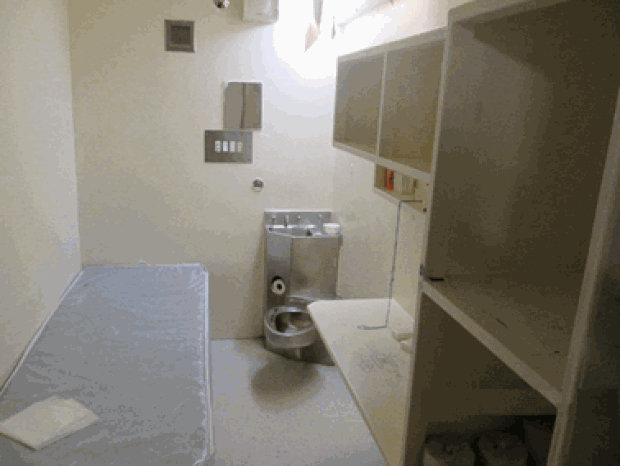Ever since the deaths of Ashley Smith in 2007 and Eddie Snowshoe in 2010, there has been an increased focus on the use of solitary confinement in Canada. In the past two months, there has been a significant redevelopment of the law with respect to the use of solitary confinement in federal penitentiaries. First, Justice Marrocco of the Superior Court in Ontario ruled that the process of reviewing a decision to send someone to solitary confinement is unconstitutional. A month later, Justice Peter Leask of the British Columbia Supreme Court found several aspects of the solitary confinement legislation to be unconstitutional. While the decisions restrict the ability to place federal inmates in solitary confinement, some argue they don’t go far enough.

In Ontario, the Canadian Civil Liberties Association (CCLA) applied to the court for various different restrictions on the use of solitary confinement. They asked for a time limit on the use of solitary confinement and additional protections for younger inmates and inmates that suffer from mental illness. The one request that Justice Marrocco granted had to do with the process for reviewing decisions to place inmates in solitary confinement. Currently, reviews are heard by wardens of the same jail where the decision was made. Perhaps unsurprisingly, Justice Marrocco concluded that this violated an inmate’s right to have a fair review process. The CCLA argued that, in order to be fair, the review needs to be heard by staff who are outside of the Correctional Service of Canada (the department of the federal government that operates penitentiaries). On this point, Justice Marrocco disagreed. Instead, he placed a number of restrictions on the jail staff who could review the warden’s decision. The CCLA has filed their appeal of Justice Marrocco’s decision to the Ontario Court of Appeal.
A month after Justice Marrocco released his decision, Justice Leask of the British Columbia Supreme Court delivered his decision in a similar case brought by the British Columbia Civil Liberties Association and the John Howard Society of Canada (the Plaintiffs). The Plaintiffs in BC made arguments that were similar to those advanced by the CCLA in Ontario. While Leask agreed with Justice Marrocco that the review process for solitary confinement decisions was unfair, he went further. He concluded that it was unfair to leave these decisions to any staff members of the Correctional Service of Canada. He also found that it was necessary to place time limits on the amount of time that inmates could spend in solitary confinement and that it is necessary to amend the laws in order to ensure that they are responsive to inmates who are indigenous and inmates who suffer from mental illnesses.
Fortunately for inmates in Ontario, the structure of legal decision-making is such that they are likely to benefit from Justice Leask’s decision, even though it was made in BC. This is because the cases are both in relation to federal law, which applies across the country. Both judges have given the federal government 12 months to make changes to these laws to ensure that they comply with the judges’ decisions. As long as the federal government doesn’t appeal Justice Leask’s decision – and they very well may – then they will be required to change the solitary confinement laws to the higher standard set by Justice Leask, for the benefit of federal inmates across Canada.
Brian Eberdt
Now Magazine
Jan 23, 2018
Hi! I am a robot. I just upvoted you! I found similar content that readers might be interested in:
https://nowtoronto.com/news/understanding-changes-to-solitary-confinement-in-canada-reasonable-doubt/
Downvoting a post can decrease pending rewards and make it less visible. Common reasons:
Submit